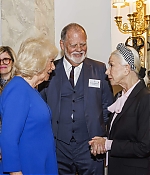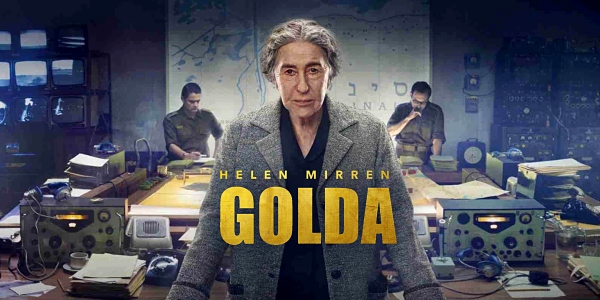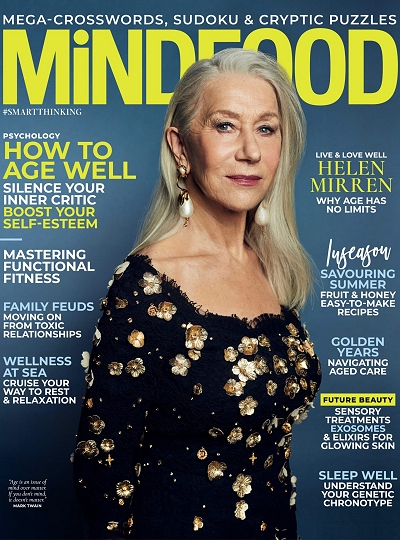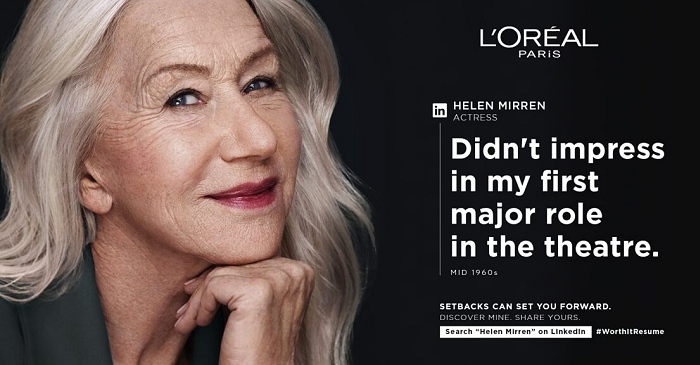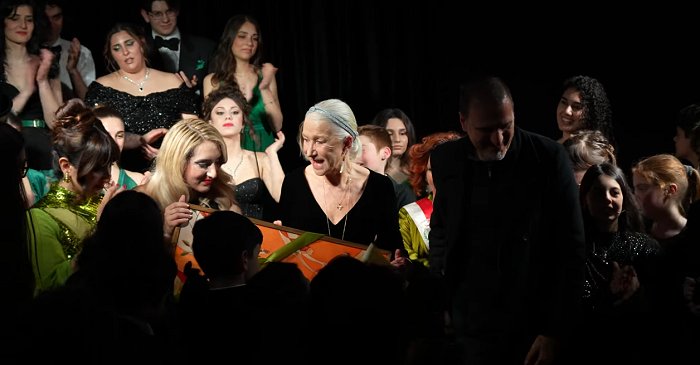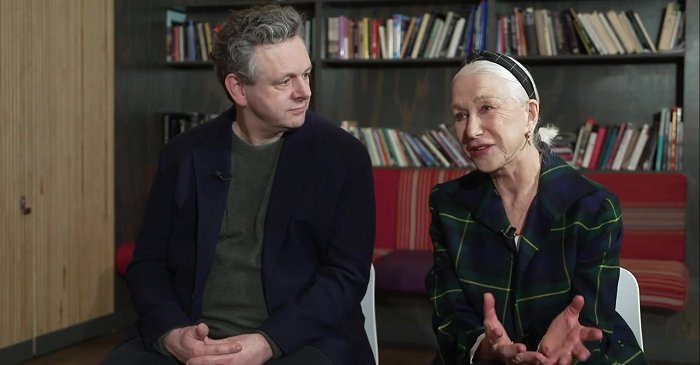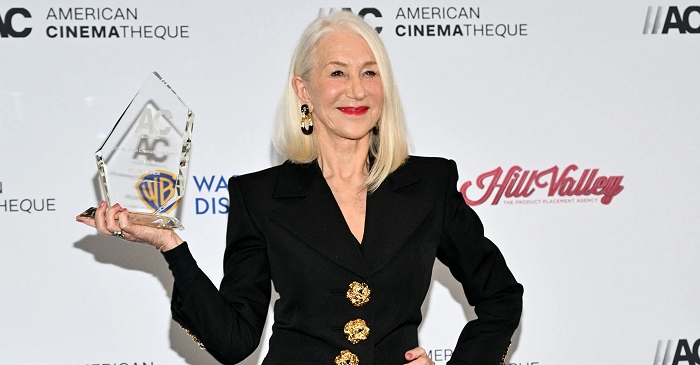
|
Welcome to The Helen Mirren Archives, your premiere web resource on the British actress. Best known for her performances with the Royal Shakespeare Company, "Prime
Suspect" and her Oscar-winning role in "The Queen", Helen Mirren is one of the world's most eminent actors today. This unofficial fansite provides you with all latest
news, photos and videos on her past and present projects. Enjoy your stay.
|
Celebrating
10 years
on the web
|
Allie Fox (Harrison Ford) is disgusted by the American way of life—the incessant platitudes (“Have a nice day”), the stultifying conveniences (TV, microwaves) and the pervasive principle of guaranteed obsolescence. “This place is a toilet,” Allie, a madcap inventor, grumbles—and he packs up his family and leaves for the jungles of Honduras. Distrusting civilization, Allie tells his adolescent son Charlie (River Phoenix) that he wants to live closer to nature, in a way that demands “four-o’clock-in-themorning courage.” The Mosquito Coast features a lot of similar harangues. Allie, in short, is a tireless complainer who soon becomes simply tiresome.
Adapted from Paul Theroux’s novel of the same name, The Mosquito Coast is a morality tale about the folly of trying to build utopia. But director Peter Weir (Witness) and screenwriter Paul Schrader milk its message relentlessly. When the Foxes arrive on Mosquito Coast, Allie is able to buy the town of Jeronimo—a collection of shacks—for a song. With the help of his wife (Helen Mirren), his four children and a small group of natives, he sets out to make Jeronimo a livable community. He even constructs a gigantic cooling system to provide the
town with ice and air conditioning.
But the outside world proves difficult to escape. First, a missionary arrives to convert the natives. Then, three mysterious, Spanish-speaking white men turn up and threaten Allie’s burgeoning Eden. Allie turns violent, locks them in his giant ice machine, which he calls “Fat Boy,” and freezes them to death. Then, showing Charlie a squashed mosquito, he justifies his behavior with the words, “That’s not his blood, it’s my blood.”
Finally, an explosion in the ice machine ignites a fire that destroys the town, and the Fox family winds up on a deserted beach, modern-day Crusoes. Allie, whose visionary delusions by now border on insanity, tells his incredulous wife and children that the United States has been devastated by an atomic holocaust and that they must start from scratch. He has become a victim again, but the oppressor is his own righteousness.
Although technically first-rate, The Mosquito Coast offers no new insights on the perils of playing Messiah. Instead, the movie crumbles under the weight of its overbearing hero, played by Ford with manufactured intensity and without charisma. The Mosquito Coast is not only the story of an ordeal—it is one.

